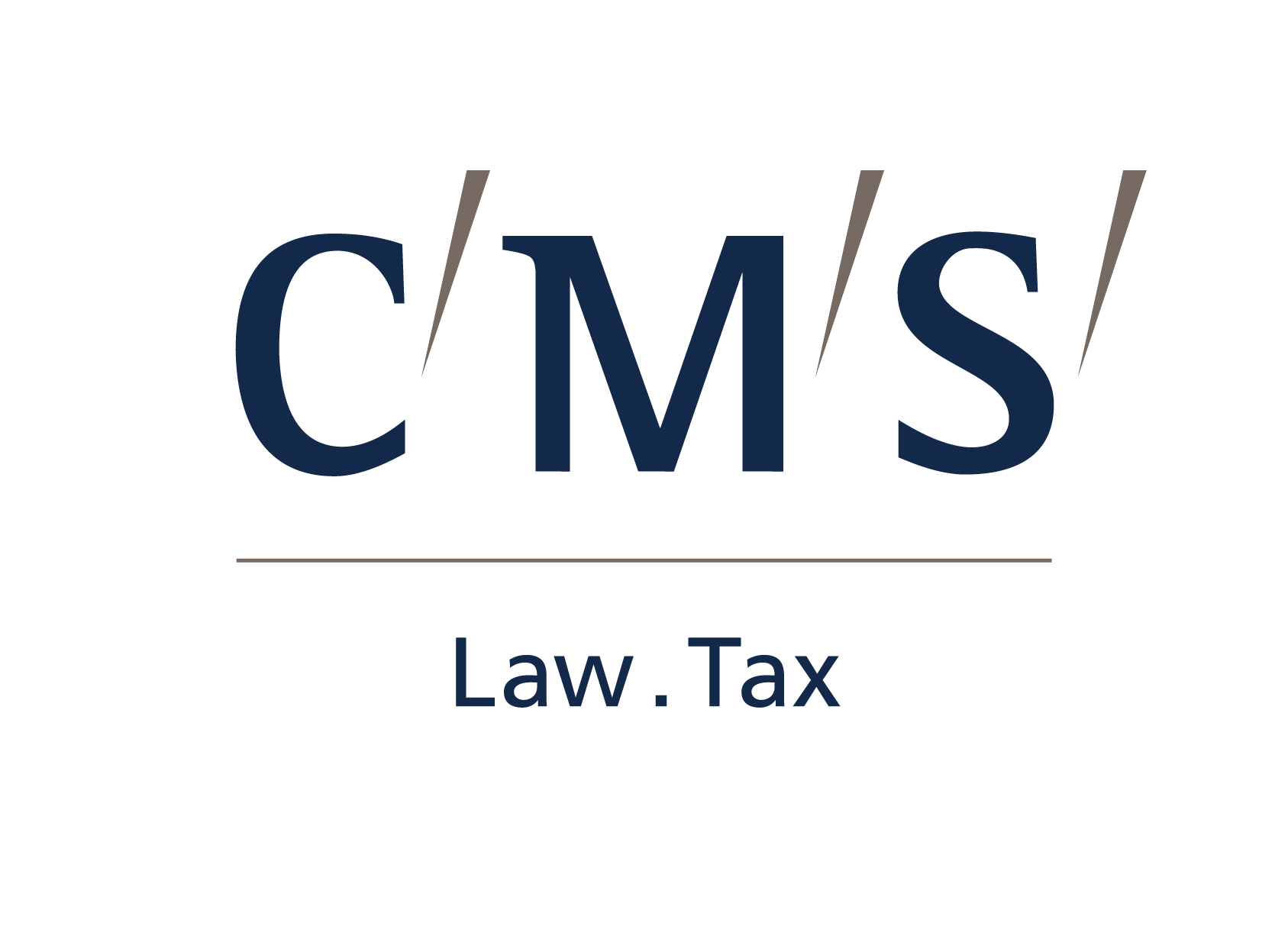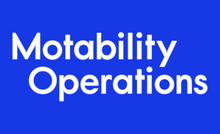For many of us this period of social distancing is freeing up time since we are not having to commute, travel or be in back to back meetings. For those of us working in student recruitment, this additional time can be used to re-visit what you do in the disability space, understand whether your actions are working, and whether or not you are making any progress in this challenging area.
Increasing the employment prospects for disabled students: Make more possible
Is it time to say goodbye to disability recruitment initiatives?
How to be open about your disability during the recruitment process: Q&A with Helen
Published on the Back Up Trust website
Our Founder and Director Helen Cooke was recently interviewed by the Back Up Trust for whom she is a Trustee. Helen provides some great advice for individuals with disabilities about what to disclose and how to disclose it during the recruitment process. To read the full article click here
The Back up Trust exists to transform the lives of everyone affected by spinal cord injury. That means delivering a range of services to build confidence and independence back into people’s lives, and offering a support network when it is needed most. It also means challenging perceptions of disability – that life with spinal cord injury can be a full and active one.
Recruiting disabled talent: Employee experiences impact application choices
It has been found that 70% of people now look to reviews prior to making any career decisions * highlighting that young people trust reviews from their peers and like to read first-hand what it’s like to work at specific employers before they apply.
For employers looking to target disabled students this is key. Having publicly available employee stories should be a major part of their Disability Recruitment Strategy if they are to ensure that their organisation is being considered by the increasing talent pool of disabled applicants.
Collaboration is key: disability and employment
With the 25 year anniversary of the introduction of the DDA fast approaching, questions will be no doubt be asked about how effective it has been.
When it comes to employment, the facts are stark: there are 7.6 million disabled people of working age in Britain, of whom 51.5% are in employment, compared to 81.7% of non-disabled people. This suggests that, whilst progress has been made, there is still much work to be done. But what is it that needs to be done, and who needs to do it? Read more
Disability confidence improves employer brands
The marketplace is predicting that in 2019 many employers will continue to have to compete in an increasingly tough marketplace, typified by skills shortages, and that they will need to differentiate by improving the candidate experience. Employer branding has for a number of years been reported as a key trend to enable differentiation in attracting talented candidates.
Disability and employment at No.10: The Government’s role in effecting change.
It’s not every day that I am invited to No.10. In fact, it’s fair to say, it has never happened before, and I was therefore somewhat excited, and indeed a little daunted, by the prospect. I was invited to meet Jean-André Prager who has recently been appointed as the Prime Minister’s Specialist Adviser on disability issues, and who wished to discuss disability employment matters with me…
Faces of MyPlus. Ordinary people. Extraordinary abilities.
Challenges facing disabled students entering employment. And how employers can address them
Author - Helen Cooke, Director, MyPlus Consulting
It is probably fair to say that many, if not all, students face challenges as they enter employment. From poor grades and a lack of work experience to feelings of anxiety and tough competition for jobs – the challenges are far and wide. However, for those who have a disability the challenges can be even greater.













































